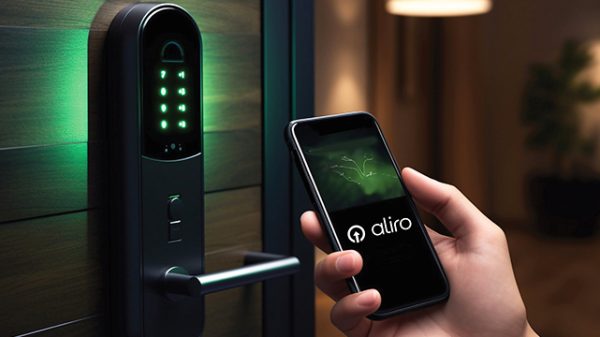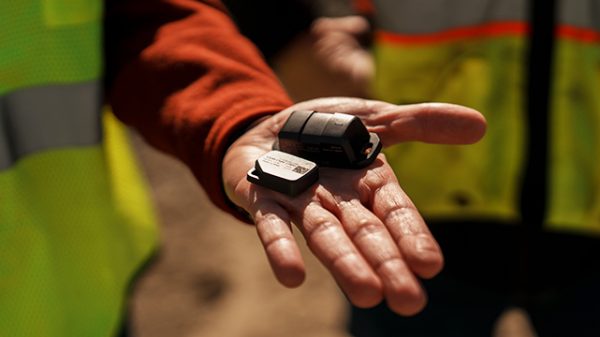Consumer eSIM for IoT enables Pelion to redefine how businesses connect devices, supporting more secure, reliable and scalable IoT
Launch leverages chipset commoditisation and evolution of eSIM tech
Mobile virtual network operator (MVNO) Pelion has today unveiled its Consumer eSIM for IoT, designed to provide secure, flexible connectivity that addresses business IoT challenges by leveraging the new generation of commercially deployed devices – from consumer handsets, tablets and PCs to wearables and enterprise devices including network equipment and other devices.
Chipsets that were once cutting-edge just a few years ago – such as high-end smartphone and wearables – are now commodity mass-market chipsets that include a consumer eSIM. Not only are these chipsets used in mass-market consumer devices, but they are also commonplace in commercial IT and enterprise devices, such as network equipment, point of sale materials, digital signage and vending machines.
Pelion’s Consumer eSIM for IoT service is leveraging this diffusion of technology to maximise the potential benefits in commercial environments. It offers IoT grade connectivity services with the flexibility of the market-proven consumer eSIM solution, providing the ability for instant deployment and centralised control; stronger security thanks to non-removable and embedded eSIMs; and flexible connectivity that scales across industries and geographies.
Dave Weidner, CEO at Pelion, commented: “This launch comes at a critical inflection point for the industry. As chipset technology becomes commoditised, innovations from yesterday’s cutting-edge chipsets – such as Bluetooth, wi-fi or cellular – are built in at the silicon level. This includes Consumer eSIM, which has been adopted today by mobile network operators and travel SIM companies as the global standard for flexible, connectivity delivered digitally.”
“We are leveraging this critical juncture to provide organisations with the flexibility to connect their devices, delivering connectivity that’s faster to deploy, easier to manage and built for scale.”
Pelion customers can activate and manage their Consumer eSIM for IoT connectivity centrally, with instant deployment through digital activation or QR codes for smaller-scale rollouts. For enterprises, Pelion supports deployment at scale, enabling organisations to leverage commercial Mobile Device Management (MDM) as well as industry specific device management.
Dave Weidner added: “This approach aligns with where eSIM is headed: seamless remote provisioning and lifecycle management across diverse device fleets.”
Pelion’s Consumer eSIM for IoT launch follows Apple’s recent unveiling of its new iPhone 17 series, which saw certain models equipped exclusively for eSIM technology in several of its global markets. This change reflects a predicted evolution away from physical SIM cards amongst device manufacturers, with the wider market expected to follow suit*.
While physical SIM cards are expected to be phased out of new consumer devices, such as tablets, mobile phones and wearables, Pelion does not expect the trend to be reflected across more traditional, IoT-specific deployments.
Dave Weidner explains: “Many commercial IoT deployments have very different requirements to the tech where we’re seeing the adoption of consumer eSIMs. Traditional IoT devices may be installed in hard-to-reach locations, constrained by limited battery life, designed for long lifecycles, or built to operate in harsh environments. In these cases, a traditional SIM or an IoT-specific eSIM is still the most practical and cost-effective choice.”
“That’s why our Consumer eSIM for IoT is an expansion of choice, not a replacement. Businesses with existing IoT deployments should feel confident that devices with physical SIM slots will continue to be supported with Pelions eUICC IoT SIM offering, with no risk of near- or mid-term obsolescence due to connectivity standards.”
The post Pelion launches consumer eSIM for IoT appeared first on IoT Business News.



























